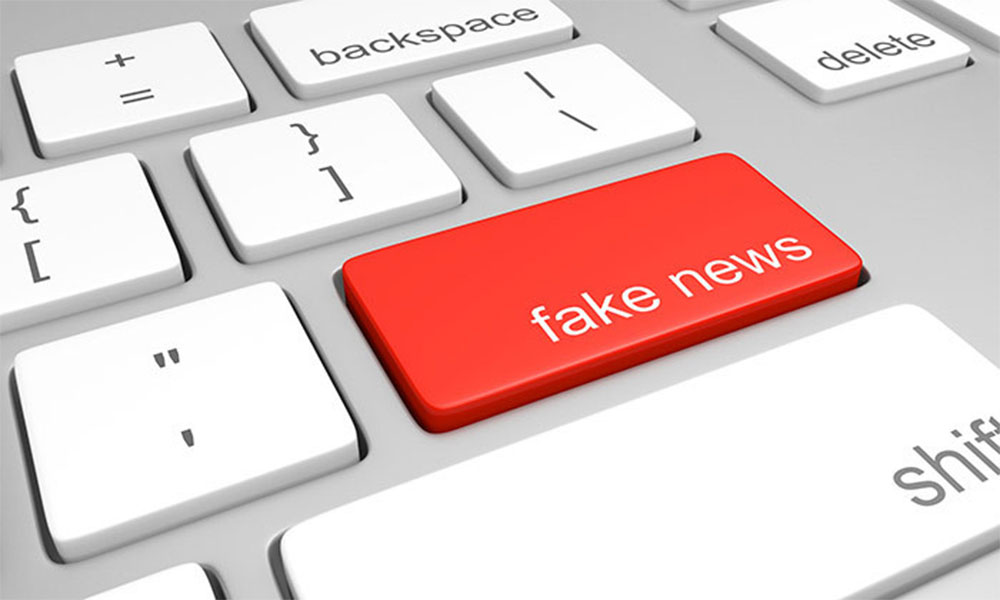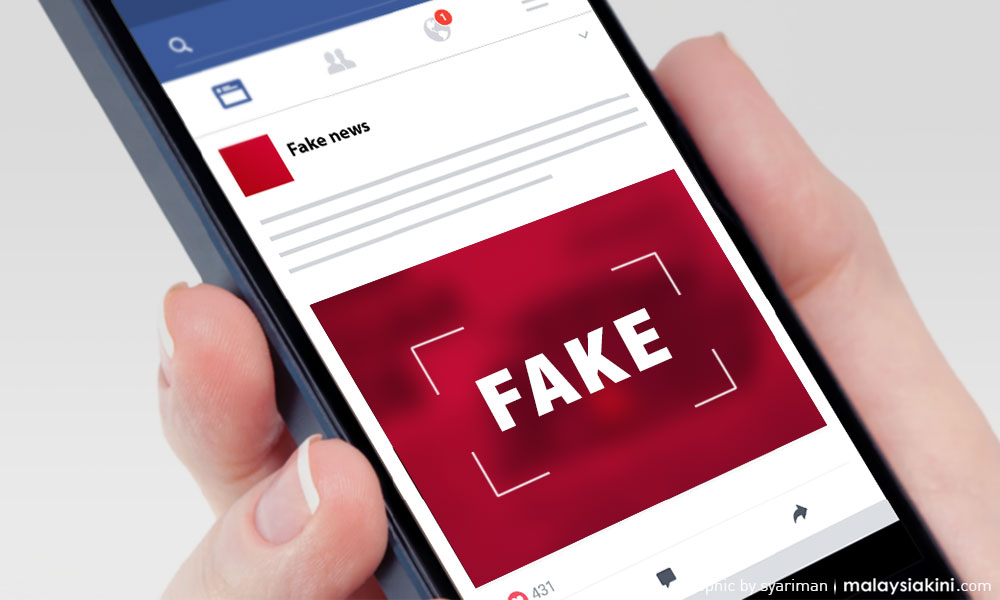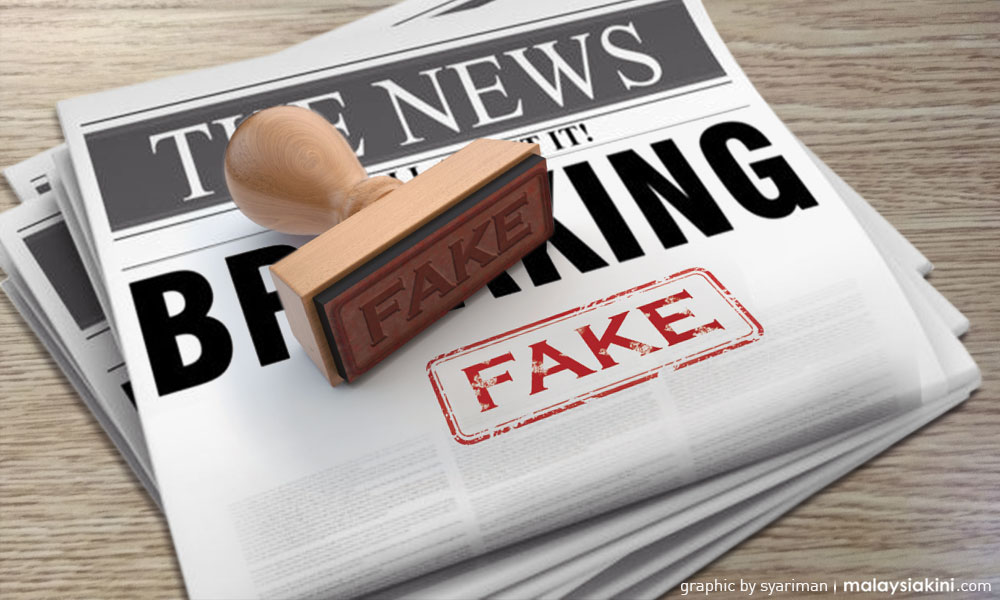
Chinese daily Nanyang Siang Pau, while supportive of efforts to curb "fake news" items which threaten public order, cautions that sometimes even governments can be the biggest manufacturer of such "fake news".
"In 2003, prior to the invasion of Iraq, the US and western media accused its leader Saddam Hussein of stockpiling weapons of mass destruction (WMD), it said in an editorial today.
"By the time this was proven false, this Middle Eastern country was already engulfed in flames.
"This was the biggest 'fake news' in recent times. But how many remember this instance of 'fake news' happening?
"The Iraq incident begs us to reflect on the fact that there have been governments and mainstream institutions in certain countries that not only manipulated the flow of information but were also the factories which produced 'fake news'," said Nanyang.
The vernacular daily said although it was supportive of Putrajaya's effort to curb "fake news" – which it said should have been done sooner - the law to stop the spread of disinformation and racial hatred through the Internet must be applied fairly.
"A just society is ruled by law. The just application of the law is the foundation of a fair society.

"If there is more than one interpretation of the law, then (the law) becomes a vice grip on democratic freedoms," warned the daily.
Yesterday, the government tabled in Parliament for its first reading the Anti-Fake News Bill 2018 which aims to curb "any news, information, data and reports, which is or are wholly or partly false, whether in the form of features, visuals or audio recordings or in any other form capable of suggesting words or ideas".
Critics say the bill is too broad, too vague, too punitive, open to abuse and would have a chilling effect on the press.
Another Chinese daily China Press noted in an editorial that the bill did not stipulate who would ultimately determine what was "fake news" adding the government must ensure that legitimate dissent would not be classified as "fake news".
"The government must ensure that the law is not abused and used as a weapon to oppress political opponents or dissidents or else it will invalidate the objective of the law which is to seek the truth.
“The government must define the parameters and application of the law to prevent abuse and to put people at ease," said the daily.
Comparison with PPPA
When contacted, The Sun managing editor Freddie Ng said that it was his personal opinion that the proposed legislation had a vague definition of "fake news".
"I also question sections in this bill which to me are already covered not only by the Defamation Act 1957 but also Section 499 of the Penal Code.
"These two laws along with the Sedition Act 1948 and the Printing Presses and Publications Act 1984 (PPPA) all make it a tightrope act which newsmen have to navigate," he said.
Asked if the new legislation passed by Parliament in its present form would pose a new challenge for journalists, Ng said: "Of course".
However, The Malay Mail editor-in-chief Wong Sai Wan believes otherwise, arguing the impact of the proposed law wasn't much different from that of the PPPA.
"I don't think there is anything terrifying about the bill. As a pure print (newspaper) person, we've been living under the barrel of the gun of the PPPA for so long.

"Does the (new bill) suppress press freedom? No, it doesn't. It is no different from what we have at the moment.
"As long as we exercise due care, we do not fall within its ambit. As far as I am concerned, it does not suppress press freedom. We have been living through it since 1984," he said.
Wong said The Malay Mail's sister organisation, The Malay Mail Online, applied the same standards of due care when publishing material online.
One advantage of the new anti-fake news law, said Wong, was that unlike the PPPA, the power to institute punitive measures lies with the courts.
"Under the PPPA, there isn't a neutral position to determine that. (The new bill prescribes that) the Sessions Court judge will determine whether the material is fake or not.
"At least we have some sort of neutrality. I wish they would amend the PPPA to follow suit," said the veteran newsman. -Mkini



No comments:
Post a Comment
Note: Only a member of this blog may post a comment.